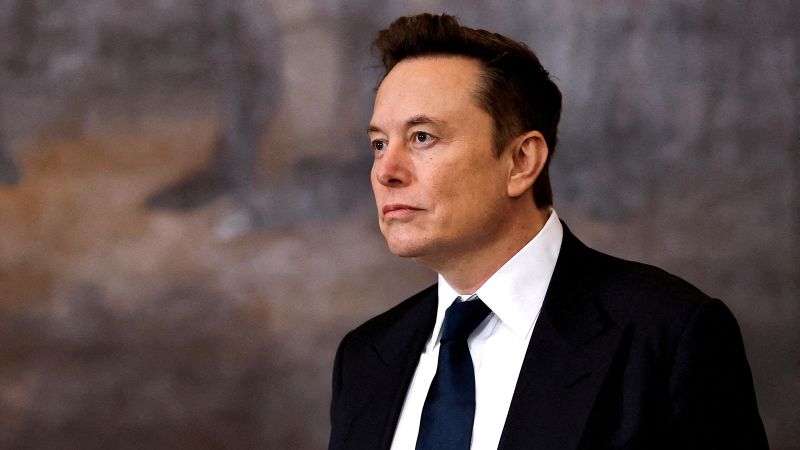Musk vs. Washington: The Mysterious Showdown Unfolding Behind Closed Doors

Behind the scenes, Elon Musk is quietly reshaping the political landscape in ways most Americans have yet to fully comprehend. His strategic alignment with former President Donald Trump goes far beyond mere public perception, revealing a complex web of influence that penetrates the highest levels of federal governance.
Musk's calculated moves extend well beyond his high-profile tech ventures, demonstrating a nuanced approach to political power and institutional transformation. By positioning himself closely with Trump's political network, he is orchestrating a sophisticated strategy that challenges traditional boundaries between technology, media, and government.
The billionaire entrepreneur's unprecedented access and influence suggest a deeper narrative of systemic change. His actions are not simply random or impulsive, but part of a carefully constructed plan to reimagine how technological innovation and political leadership intersect in the 21st century.
While many Americans observe Musk's public persona through social media and corporate headlines, the real story unfolds in more subtle, strategic corridors of power. His collaboration with Trump represents a potentially transformative alliance that could reshape political and technological ecosystems in ways we are only beginning to understand.

